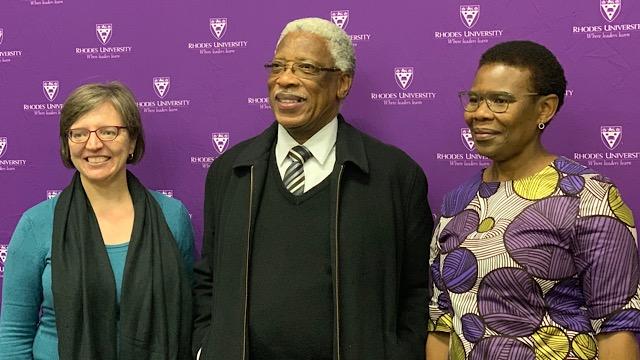
Judge Dambuza traced the historical developments of customary law as a source of law in South Africa. Judge Dambuza gave an overview of case law in which customary law has been recognised, referred to, tested against the Constitution of the Republic of South Africa, and struck down or upheld. She spoke to how the courts have been frequently criticised by legal scholars on how they apply customary law. This, she says, is mainly because our judicial officers usually do not know the content of the relevant cultures which customary law is derived from; and also because African cultures have been distorted by colonialism and apartheid. Judge Dambuza raised questions such as: whether customary law is shunned in the courts because of the slow pace at which jurisprudence is developing in this area; or whether there is a general unwillingness to apply customary law in our courts. She recommended that, in order for customary law to develop as a source of law, legal practitioners should start pleading their clients’ cases on the basis of customary law. At the end of the lecture, Judge Dambuza took the time to answer questions from students, staff as well as members of the Grahamstown community. Very interesting questions came from the audience, some of which were about the development of customary criminal law; the legal position of the traditional courts; the relationship between the Bill of Rights and customary law; and the applicable law in lobolo disputes. The event ended with a cheese and wine function.
